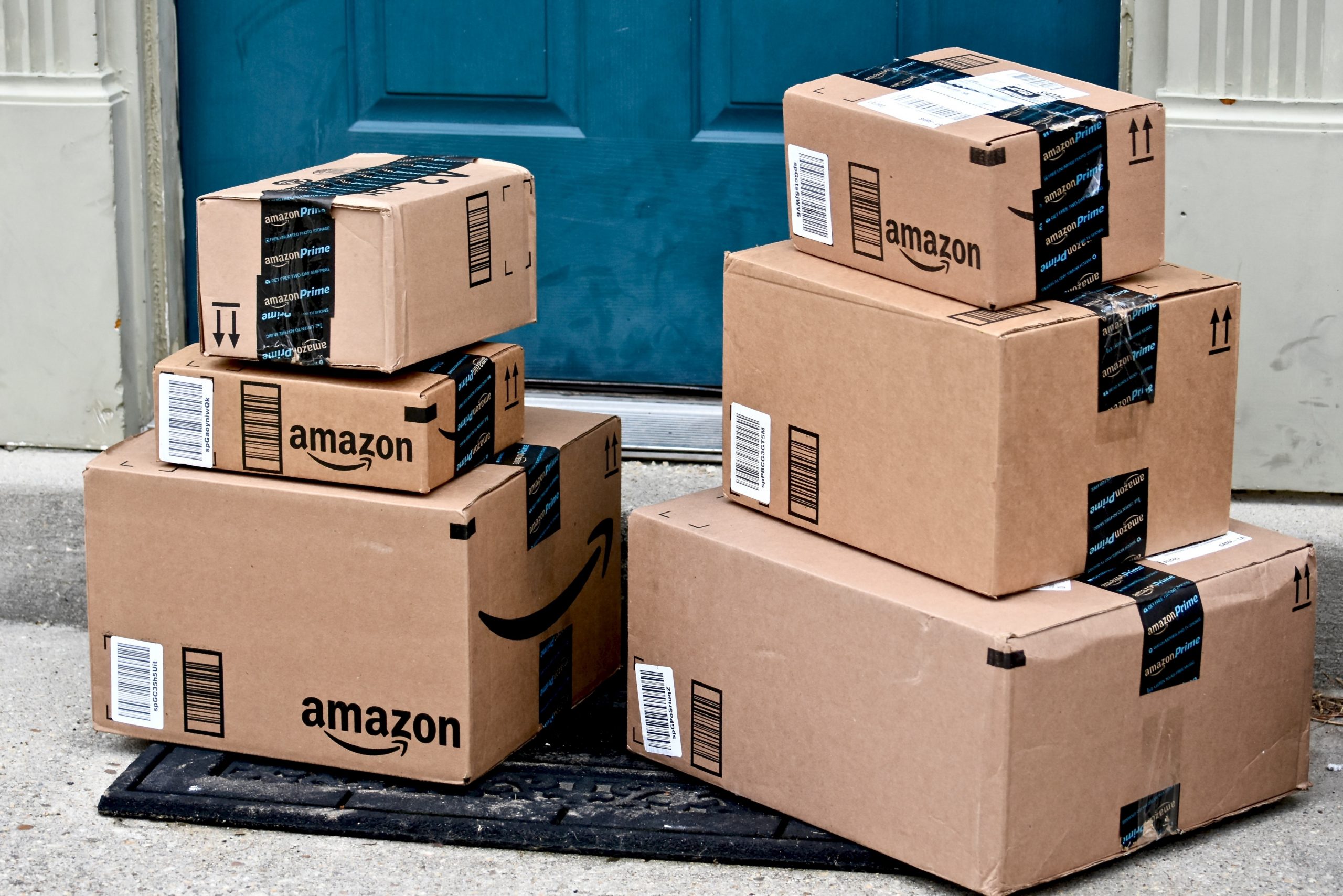Household Bills
Could online shoppers see a minimum delivery charge?

ParcelHero has argued against a Government proposal for a minimum charge on home deliveries for online shopping.
The Government is planning to consult the public about a new standard delivery charge for home shopping. The aim is to discourage overuse of consumer deliveries by making shoppers think again.
But parcel delivery service ParcelHero argues the plan is actually a ploy to replace lost business rates income and that home deliveries – a lifetime for many people during lockdown – are far greener than shopping by car.
The Department for Transport (DfT) Science Advisory Council recently published a report on home deliveries. It said the Government is planning to ask the public and retailers for their views on the introduction of a charge on home deliveries.
The DfT’s ‘Position Paper on Last Mile Logistics’ recommends: “A mandatory charge, similar to that implemented by the government to discourage plastic carrier bag use, could be applied to all consumer deliveries and returns to encourage consumers to recognise their true business, societal and environmental cost, and hence encourage more sustainable behaviour.”
But ParcelHero says the new delivery tax is likely to be considerably more expensive than a 5p carrier bag.
Speculation within the industry suggests it will be at least £2 per delivery. That works out to about 3% of the value of the average UK online order of £62.
David Jinks, ParcelHero’s head of consumer research, says: “The Government’s expected consultation with consumers follows a questionable DfT paper on the impact of home deliveries. The report was remarkably well-timed for a Government facing a drastic loss of income from business rates, which clawed in £25bn a year before the epidemic hit. This amount has been slashed because of emergency coronavirus rates relief on retail premises.
“In April, the Government quietly introduced its new 2% Digital Services Tax on the UK earnings of large online marketplaces, social media platforms and search engines, which is likely to rake in £440m. Obviously, that still leaves a massive shortfall in lost revenues and the Government clearly wants a second bite of the e-commerce cherry – this time directly out of the pockets of Britain’s beleaguered shoppers.”
Jinks says the Government has chosen “a sensitive time” to start planning a home delivery charge, arguing that it would be a tax on frail and elderly people shopping online to shield themselves from coronavirus.
Jinks says: “Our town centres remain quiet while people avoid using public transport and entering crowded spaces, meaning that some specialist stores that have reopened are often only seeing five or six visitors a day. Their web sales are keeping them afloat and a new delivery charge could sink them.”
The DfT Science Advisory Council claims that home shopping adds to the severity of traffic congestion. It’s other suggestions to reduce the perceived impact of home deliveries include robot vehicles, drones, tunnels with cargo pods and ‘neighbourhood 3D printing manufacturing sites’.
The DfT paper is particularly critical of people ordering clothes online to try on at home before sending them back to the retailer, with no charge for the returns .
“We agree this is unsustainable for smaller online businesses and produces unnecessary journeys. The large e-commerce retailers who encourage this should introduce an extra fee for their try-on-at-home ‘wardrobing’ services,” says Jinks, “Introducing a flat fee, however, on all home deliveries is using a sledgehammer to crack a nut.”